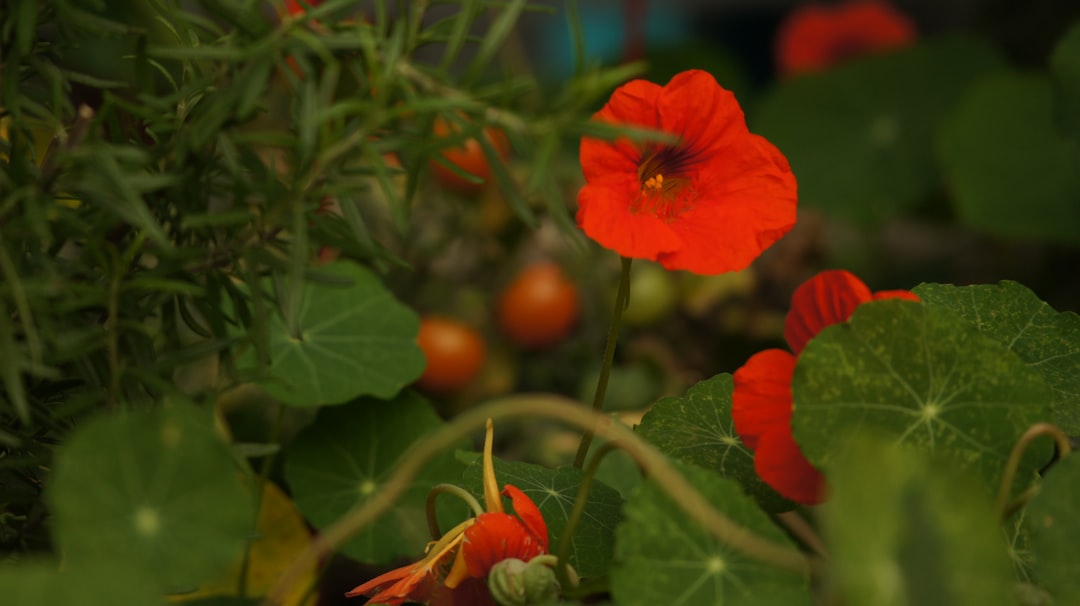Grasshoppers, those seemingly innocent hopping insects, can turn into a gardener's worst nightmare. With their insatiable appetites, they have the potential to decimate your carefully cultivated garden in no time. In this article, we'll explore effective strategies to get rid of grasshoppers and safeguard your garden from their voracious feeding habits.
First and foremost, it's essential to understand the nature of grasshoppers. These insects are known for their large appetites and can consume a wide variety of plants. They are particularly fond of leaves, stems, and flowers, and can quickly strip a plant bare. Grasshoppers are most active during the warm summer months, when they lay their eggs in the soil. These eggs hatch in the spring, and the young grasshoppers, known as nymphs, begin to feed on plants immediately.
One of the most effective ways to control grasshopper populations is through the use of natural predators. Birds, such as chickens and turkeys, are excellent grasshopper hunters. They will eagerly gobble up grasshoppers and other insects in your garden. You can also attract beneficial insects, such as ladybugs and lacewings, which feed on grasshopper eggs and nymphs. Planting flowers and herbs that attract these beneficial insects, such as dill, fennel, and yarrow, can help to create a natural ecosystem in your garden that will keep grasshopper populations in check.
Another natural method of grasshopper control is the use of neem oil. Neem oil is a natural insecticide that is derived from the neem tree. It works by disrupting the grasshopper's hormonal system, preventing them from feeding and reproducing. To use neem oil, mix it with water according to the instructions on the label and spray it on your plants. Be sure to cover both the tops and bottoms of the leaves, as grasshoppers tend to feed on the undersides of leaves. Neem oil is safe to use on edible plants, but it's always a good idea to test it on a small area of your plant first to make sure it doesn't cause any damage.
In addition to natural predators and neem oil, there are several other methods you can use to get rid of grasshoppers. One option is to use insecticidal soaps. Insecticidal soaps are made from natural ingredients, such as potassium salts of fatty acids, and work by suffocating the grasshoppers. To use insecticidal soap, mix it with water according to the instructions on the label and spray it on your plants. Be sure to cover all parts of the plant, including the undersides of the leaves. Insecticidal soaps are safe to use on edible plants, but they can be harmful to beneficial insects, so use them sparingly.
Another option is to use a physical barrier to keep grasshoppers out of your garden. You can use row covers, which are made from a lightweight fabric, to cover your plants. Row covers allow sunlight, air, and water to reach your plants, but they prevent grasshoppers and other insects from getting to them. To use row covers, simply place them over your plants and secure them with stakes or weights. Be sure to leave enough slack in the row covers to allow for plant growth.
Finally, it's important to keep your garden clean and free of debris. Grasshoppers are attracted to tall grass, weeds, and other vegetation, so keeping your garden well-maintained can help to reduce their populations. Remove any dead or dying plants from your garden, and keep the area around your plants free of weeds. You can also use a mulch, such as straw or wood chips, to cover the soil around your plants. Mulch helps to retain moisture in the soil and prevents weeds from growing, which can make your garden less attractive to grasshoppers.
In conclusion, getting rid of grasshoppers and keeping them from devouring your garden requires a combination of natural and chemical methods. By using natural predators, neem oil, insecticidal soaps, physical barriers, and good garden maintenance practices, you can effectively control grasshopper populations and protect your plants. Remember to always follow the instructions on the labels of any pesticides or insecticides you use, and be sure to test them on a small area of your plant first to make sure they don't cause any damage. With a little effort and patience, you can enjoy a beautiful, healthy garden free of grasshoppers.

